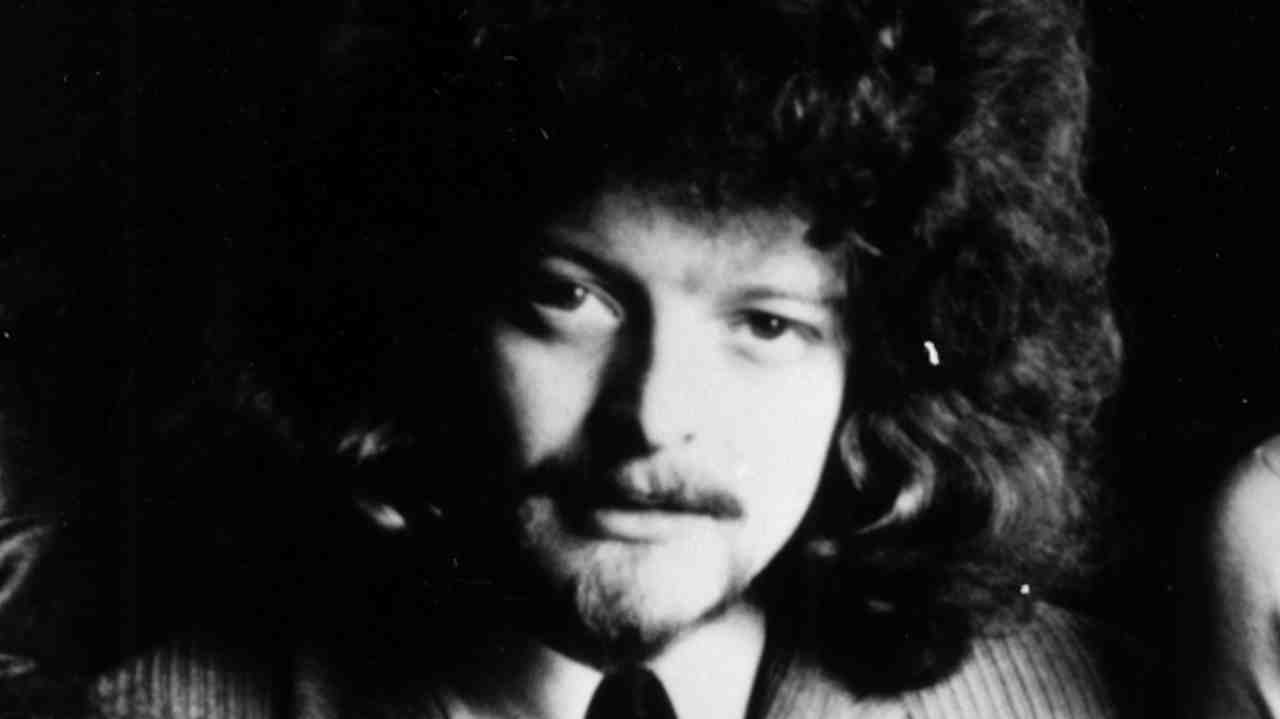Paperlate: The Future Of Prog
The Enid’s mastermind Robert John Godfrey on prog’s future.

‘Ah, but a man’s reach should exceed his grasp/Or what’s a heaven for?’ – Robert Browning
A wise man told me when I was a boy: “Ideals are like the stars that guide the mariner.” This insight has haunted my life. Composing music is a magical process and in the hands of a composer like Brian Wilson (or Beethoven), it is capable of bringing about changes in consciousness like little else can. Great music is like God without religion.
The question that is currently facing the genre we call ‘prog’ is how to stop looking towards the past and find the courage to embrace an unknown future; to stick to the cynically manufactured comfort food we have become used to, or encourage a revolution?
Can we break with the past and create a public space to support a pan-generic form of transcendent popular music which breaks all the rules? A rainbow culture for all of the talents will assuredly revive the spirit of genius among us if we can seize the moment.
But first we need to put our house in order and clear out all that fails to live up to the progressive ideal; to create a vacuum into which a new generation of intelligent, imaginative and courageous artists will be able to have a proper home.
Imitators of the past, however skilful they are, actually have little to offer the future. Worse, ‘prog’ is currently colonised by an often conceited chumocracy of frequently vain musos who have no place else to go. They need to be cleared off the hills and made to earn their place in the future of progressive music.
These wunderkinds have always been there and, in the hands of a class composer like Frank Zappa, have amazed us with their virtuosity. But without any collaboration with consummate writers, these dreary technicians are just as useless as the stunning Vladimir Horowitz would have been without composers such as Chopin to create music for him to interpret.
Sign up below to get the latest from Prog, plus exclusive special offers, direct to your inbox!
The founding fathers of the progressive movement will soon be gone. I have nothing to offer save to remind ourselves of just what a miscellaneous bunch we all were back then in the late 60s: creative people with varied musical histories, discarding prejudices and blinkers and coming together in a common effort to push the boundaries of the norm as far as could be imagined. This is what has been lost and why ‘prog’ is still widely seen as a leper colony genre producing old hippie shit for sad people.
Imagine an edition of Prog with most of the pages blank, just waiting to be filled by the future.
Got an opinion on the matter that you’d like to share? Please email us at: prog@teamrock.com.
